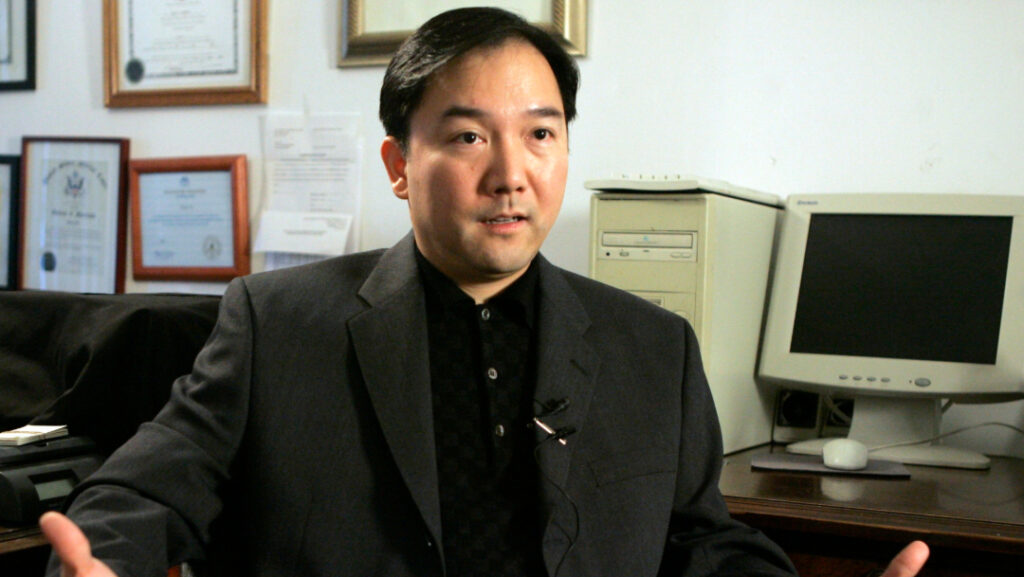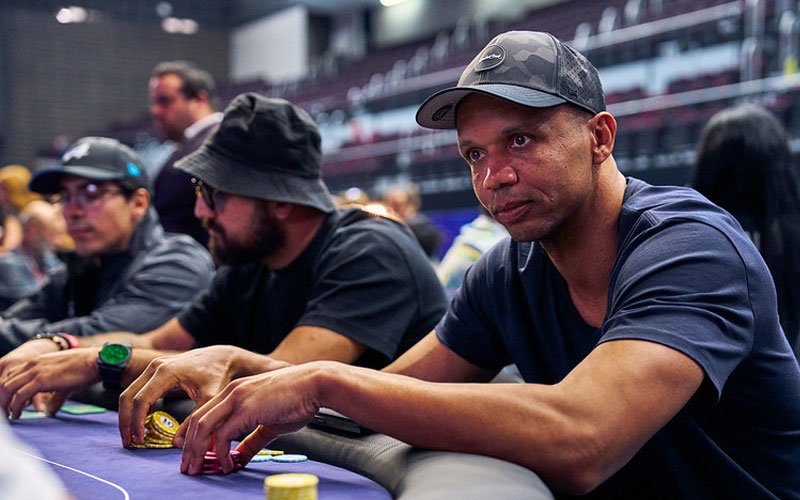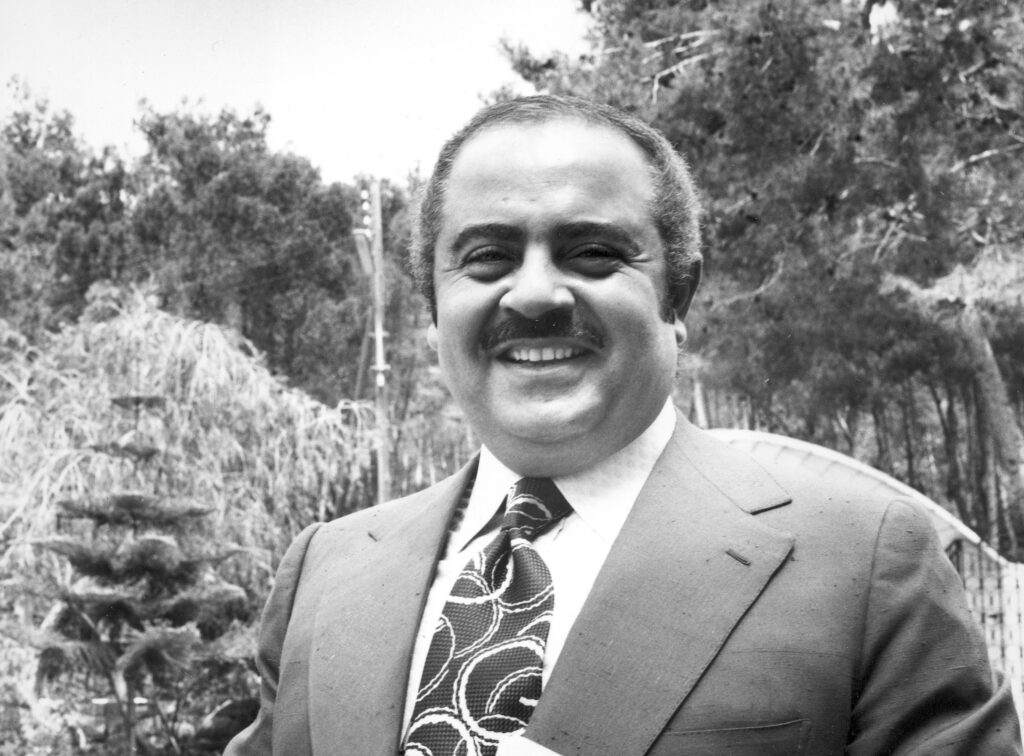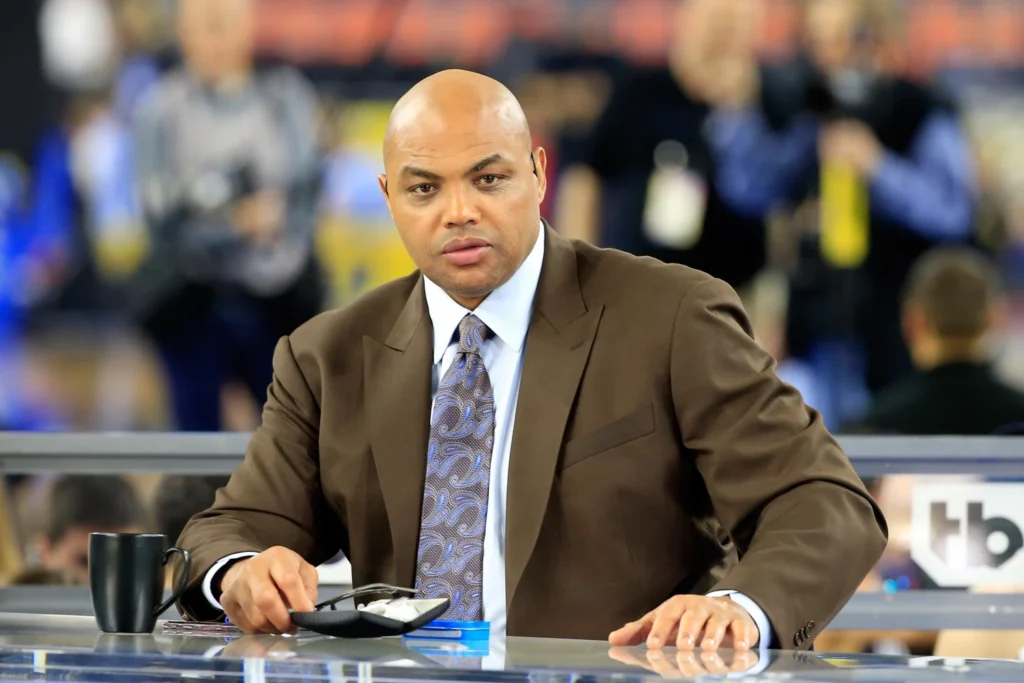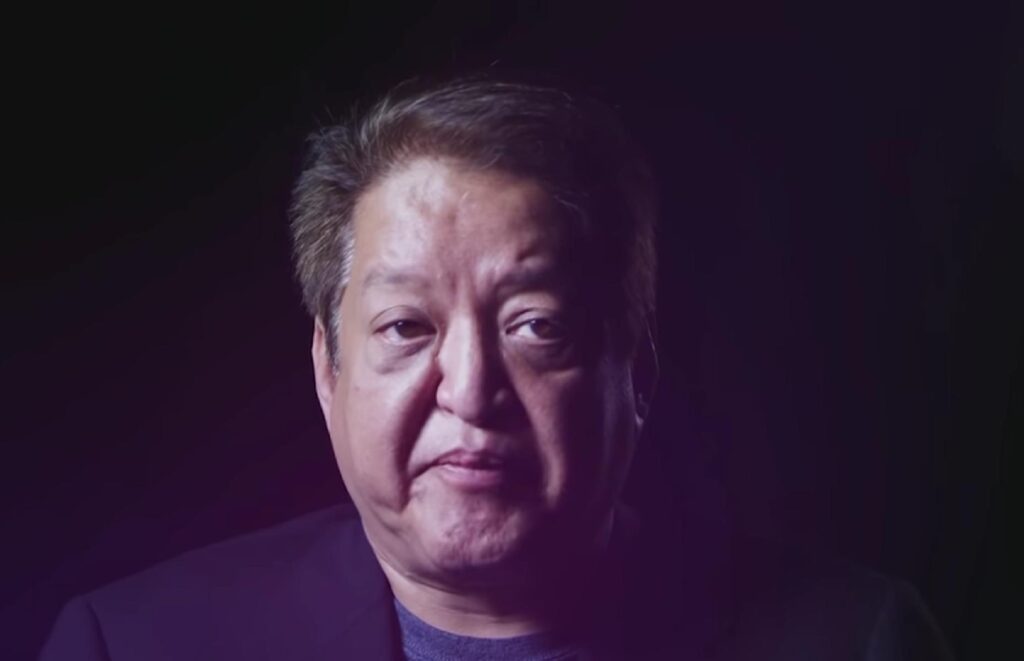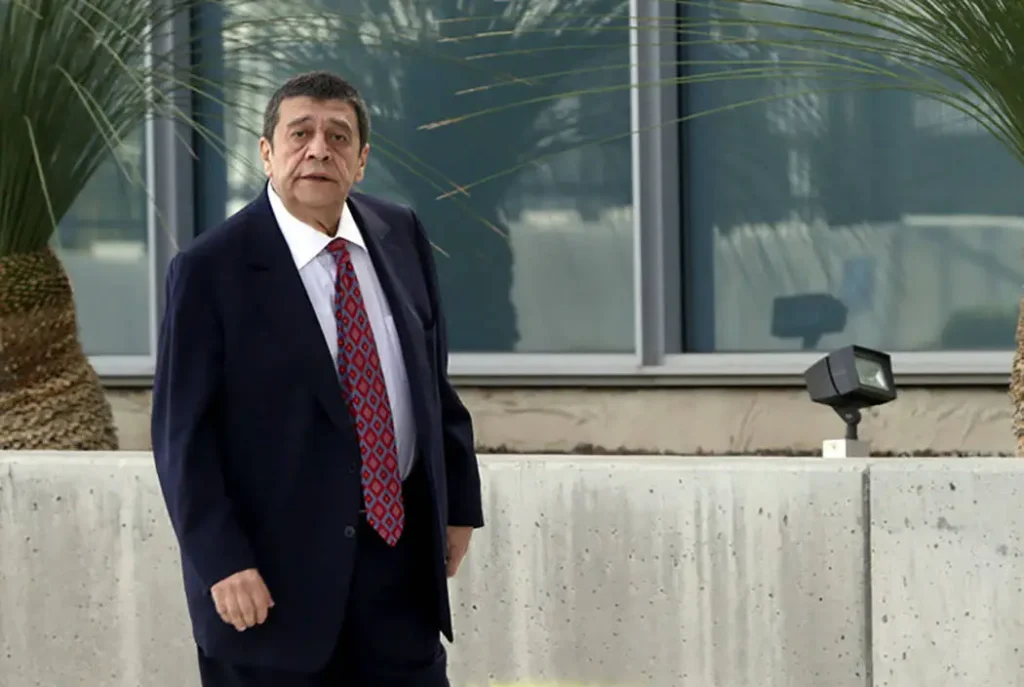As you are here, you’ve definitely dreamt of being able to play poker without risking any of your own money. It may seem improbable, but that’s where Poker Staking comes into play.
This practice allows investors to hire players, often called “horses,” to compete on their behalf (neighs, BAHAHAHA). Yet, this arrangement raises questions:
What if the player loses? Who shoulders the responsibility? And is this even legal?
Fortunately, these are precisely the questions we’ll discuss in this post. We will go into the legal ins and outs and myriad other complexities surrounding this practice, along with the heated controversies it tends to provoke. Join me!
What is Poker Staking?
Poker staking is a financial pact where an investor, commonly known as the “backer,” provides financial support or a bankroll to a skilled poker player, often termed the “horse” (told you before), for participating in poker games.
Before initiating the staking, both parties negotiate terms and conditions, including profit-sharing, losses, and the duration of the agreement (one-time or long-term).
For instance, you’re an investor and you decide to back a poker player by staking $200 for their tournament entry and the player has a great day and wins $1,000.
The first thing that happens is you get your initial $200 back. The remaining $800, which is the profit, is then split according to the agreement you had with the player. Often, this split is 50-50, so you’d each walk away with $400. That sounds pretty fair — anywhere in the world.
However, what happens if things don’t go so well? Let’s say the player only wins $50, resulting in a loss of $150 from your initial stake. Typically, this is where the “makeup” scenario arises.
The player is now “in makeup” to you for $150. This means that before any future profits are shared, the player must first win enough to cover this $150 debt. Of course, the $150 debt will inevitably increase when you furnish them with more playing funds.
After a loss, you and the player would then discuss whether to continue the staking arrangement or to end it. You might even personally analyze the player’s performance in the game that resulted in the loss to help you make a well-founded decision.
If you both decide to continue and the player goes on to win in the future, the first thing that happens is that any outstanding makeup — in this case, the $150 — is paid back to you. Only after this debt is cleared are any additional profits shared according to your agreement.
This system ensures that both parties share in the profits when times are good but also that the investor is protected and can recoup their losses when times are tough. This element is indispensable to the staking agreement.
The Legality of Poker Staking
Indeed, poker staking may appear highly advantageous. That might raise questions about its legality. Yes, poker staking is legal in many U.S. states, including Nevada, and in various countries around the world, including those in the Americas, Europe (including Finland), Asia (including India and Japan), and Oceania (including Australia).
In general, if a country has legalized poker, poker staking is also legal. There are usually rules in place to ensure that poker staking is fair and protects everyone involved. These rules, however, may differ depending on the jurisdiction, but they generally address the following fundamental aspects:
- Contractual Agreement: Both parties should sign a written contract to formalize their poker staking agreement. This contract outlines important details such as the percentage of winnings to be shared, the duration of the arrangement, and other relevant terms.
- Regulatory Compliance: Poker staking may be subject to gambling laws or other legal regulations, depending on the jurisdiction. Both parties are expected to ensure compliance with these laws and regulations to avoid any legal issues. Just as you feel a breath of fresh air and a surge of confidence when you know you’re on a safe path, that’s exactly what happens here. Starting with compliance ensures everything runs smoothly and within the law.
- Tax Implications: Taxation is an important consideration in poker staking. Both the player and the backer are obligated to pay taxes on their respective shares of the winnings. Accurate reporting of income to the tax authorities is necessary to comply with the law. Of course, you have to wrap your head around all these things upfront so that you won’t have any tax-related complications in the future.
The Importance of a Written Contract in Poker Staking
I know we’ve gone over this, but I think it’s still a bit blurry for something that important in a poker staking deal. Let me put it under the microscope and fine-tune the focus using the fine adjustment knob. Honestly, it’s paramount to have a written contract agreed upon by both the backer and the player.
It introduces a host of benefits to the table apart from clarity and transparency that helps both parties truly understand the inner workings of the staking arrangement. Here’s another advantage to consider.
- Legal protection: Unlike verbal agreements or public notaries, a written contract provides rock-hard proof (rights, responsibilities, etc.) of what was agreed upon, which is momentous in cases of dispute. Each party’s stance is supported; everyone is legally protected.
Challenges and Controversies in Poker Staking
You know, no matter how well things are planned or how smoothly they’re going, there are always unexpected hurdles hiding somewhere. This is certainly the case in poker staking.
You’ve made an agreement, the funds have been distributed, and everything seems to be on track. But then, issues can arise out of the blue.
We’re well aware that both the individuals providing the backing and the players they’re supporting need to follow the rules of the game, which includes abiding by gambling laws and other legal details. This can become particularly complex in regions with stringent gambling regulations.
With that said, let’s shift our focus to some of the other challenges both parties may face.
- Cheating and Collusion: Cheating and collusion pose a back pain in poker staking. Either party might try to outwit the other if precautions aren’t taken. This can cause a right kerfuffle and put the game’s integrity in a twist. Take the controversy of Bryn Kenney’s Staking Group case as an example. The collusion, in this case, could have been to collectively take down a player or a backed player of Kenney’s staking group being played against by another player from the same group in an attempt to extract money from the player, leaving the player owing a makeup to Kenney.
- Investment Risk: Poker staking carries financial risks for both parties involved. Investors' money is dependent on the players' performance. If the player loses, the investor could face a financial loss. On the other hand, the player might feel the heat to take bigger risks to impress their backer and earn more money, a recipe for disaster.
How Are These Challenges Addressed?
You know, not every place offers the safety net of gambling laws and regulations to protect both parties involved in poker staking. Here is one question that came to my mind that you probably have also asked yourself:
What if the backer is in a U.S. state where online poker is illegal, but the player is in one where it’s legal?
It’s not as if the backer is the one playing the game, right? They’re just putting up the money while someone else plays the cards. In the worst-case scenario, the investor gets a 1099 from the person from whom they’re buying action. After all, backing someone playing online poker isn’t the same as playing online yourself. And… This might just be an interesting detour around one of the legal obstacles.
Ahem… To the elephant in the room — cheating. In places where poker or online poker is legal, there are penalties for cheating. Things including monitoring gameplay and conducting background checks help keep cheating at bay.
To manage risk, you’ve got to set limits on how much money you’re willing to stake. Do your homework on the player’s track record and skills, and it won’t seem as much of a gamble. Then, get a comprehensive contract outlining the terms and conditions of the agreement drafted.
Oh, it nearly slipped my mind. Digging into the player’s background will also let you know if the amount they’re selling their action for in a tournament is really worth it.
A player might sell at 1.3, meaning every $1 of the buy-in costs you $1.3 ($0.3 mark-up). The markup is different from the “makeup” I mentioned before, which is typically used for long-term agreements. The markup is used for one-time arrangements, especially for tournaments, to allow players to sell their action for a fee. The player determines this fee ($0.3/dollar in our situation) based on their experience, history, and standing in the field.
Get a Damn Legal Professional
Don’t kid yourself into thinking that you and the other party can prepare all the necessary documents on your own. I’m not sure who called you guys to the Bar.
Do yourself a favor and hire a lawyer to handle the paperwork. Yes, it might be a bit pricey, but trust me, it’s a bargain compared to the pain and issues getting into a legal trap will bring you.
Legal professionals, of course, have a deep understanding of contract law and gambling regulations, which allows them to draft agreements that meet legal standards and protect the interests of everyone involved.
Seeking guidance from these professionals before engaging in staking offers solid legal advice and support. The staking agreements they help create are always clear, fair, and free from ambiguity. This reduces the chance of misunderstandings or disputes down the line. Everyone knows their rights and responsibilities, and there’s a plan in place in case things go sideways.
Mulling Over the Future
In life, we have the poor, the middle class, and the wealthy. These social classes have always existed and will continue to do so, maintaining the balance of life as we know it. Nowadays, even those with $0 in their bank accounts have found a way to participate in games of their choice — through staking. They will keep engaging in the practice; investors will keep bringing the money, too.
It is a market unlikely to die. That is why we are constantly seeing developments within it.
One major one is the rise of online platforms that allow players and investors from around the world to connect. These platforms, such as StakeKings, allow anyone to invest in anyone, and at the same time make it easier to secure backing in poker.
However, this ease of connection also brings increased risks, which is why contracts outlining the terms of the deal are now commonplace. Legal questions do arise about jurisdiction, compliance with gambling law, and consumer protection. These things themselves are seeing changes every now and then as authorities and industry players collaborate to establish standardized practices.
Moreover, advancements in technology have not left the staking market behind. There are numerous reliable and regularly updated online poker databases and other resources available.
These tools provide investors with a snapshot of a potential horse’s history, skills, and experience. Investors can then combine this information with other data to make an informed decision about whether to proceed with the deal. Backers can’t typically monitor a horse’s play in real-time, nevertheless, they can review hand histories and performance statistics afterwards. This allows them to assess the horse’s performance and make decisions about future backing.
For the horses, there are many user-friendly platforms available, and more are being developed. These platforms help them track their income and losses from the deal and monitor their progress more efficiently, instead of using complex and slow spreadsheets.
Conclusion
Legal stuff isn’t designed to make your life difficult. Often, they only seem daunting when you’ve merely glanced over the law without fully comprehending it. I’m very sure that this post has provided valuable insights to enhance your legal understanding of the matter.
This way, you won’t mistakenly invest in charity under the guise of “backing” a player. And for the players, you won’t find yourself paying for a backer who is after your life. Both parties should maintain a harmonious relationship, free from battle. The real battle should be on the poker table between the backed player and their opponent.

